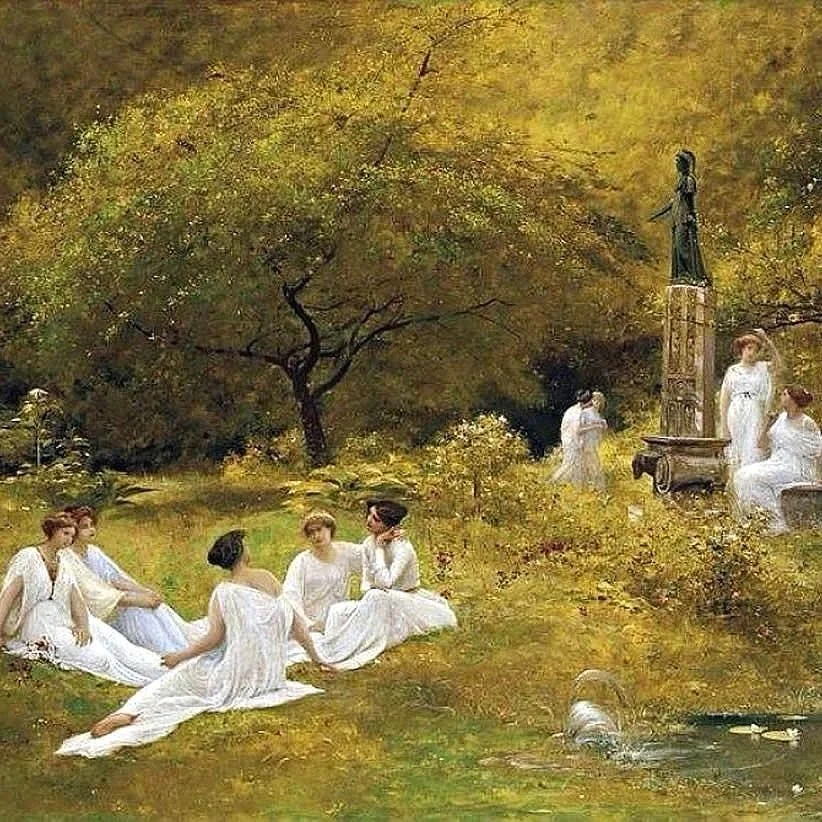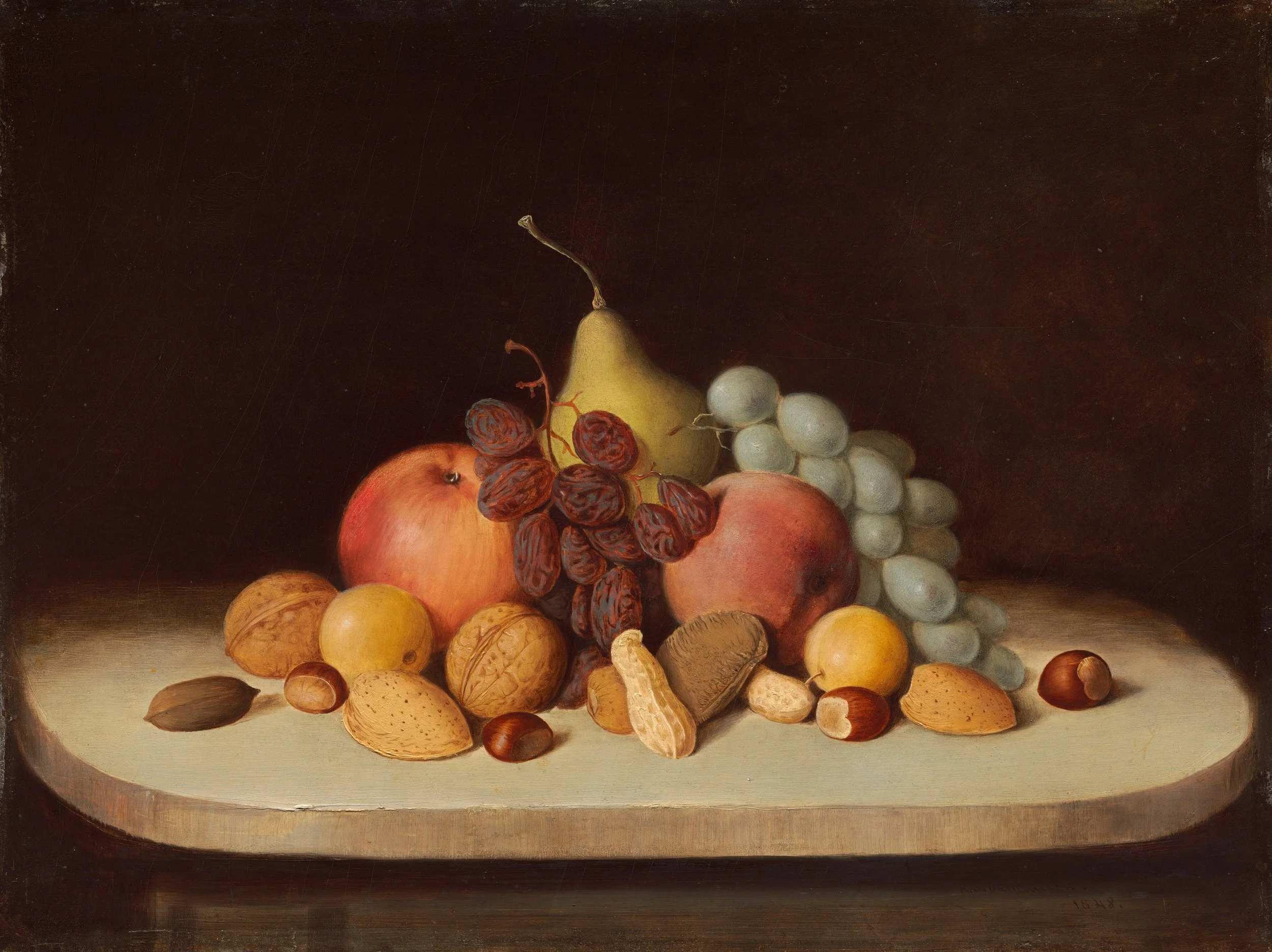
The Importance of the Liberal Arts
“All philosophy begins in wonder.”
– Plato
“A well-rounded curriculum will teach a man how to know himself, know society, know his relationship to the universe, and above all, to know his relationship to God.”
— Fulton J. Sheen
“What is education, anyway?” (Eeyore, The House at Pooh Corner)
Not merely utility.
Education is not simply a question of downloading information to students; nor is its end goal to pass a test or to be accepted into a competitive school.
Human Flourishing.
It is, rather, about human flourishing. To flourish as a human, a student must come to know themself. Self-knowledge begins once one is “struck by the arrow of Beauty that wounds a person, moved by reality” and in order to experience this transformative pang of beauty a student must encounter the best and most beautiful works, music, history and ideas traditionally valued for generations. Such an encounter brings suffering and the suffering brings wisdom: as the Greeks said, “drasanta pathos, pathei mathos.”
How to Think.
“Is not the great defect of our education today… that although we often succeed in teaching our pupils ‘subjects’, we fail lamentably on the whole in teaching them how to think: they learn everything, except the art of learning.”
– Dorothy L. Sayers
"The first and fundamental structure for 'human ecology' is the family, in which man receives his first formative ideas about truth and goodness, and learns what it means to love and to be loved, and thus what it actually means to be a person."
— Centisimus Annus, 39
"We let our young men and women go out unarmed, in a day when armour was never so necessary... they are a prey to words in their emotions instead of being the masters of them in their intellects.”
— Dorothy L. Sayers
“Tradition is not the worship of ashes, but the preservation of fire.”
— Gustav Mahler
Friendship ... is born at the moment when one man says to another “What! You too? I thought that no one but myself . . .”
- C.S. Lewis, The Four Loves


